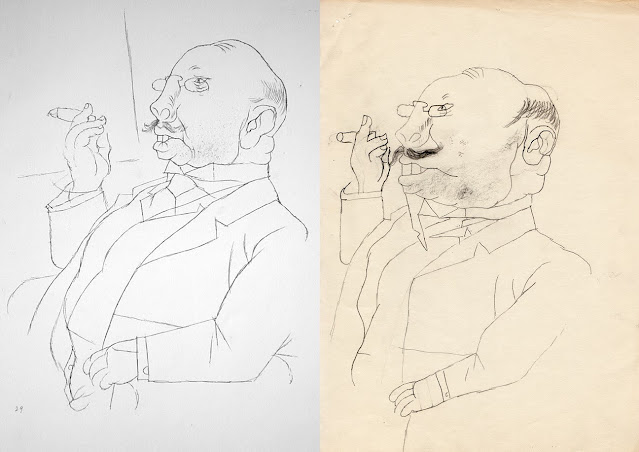Caitlín Doherty, "poetry editor" at a journal so over-the-top that its editors used mocking criticism for its blurbs—
“an overdesigned manual in nihilist navel gazing” “Coffee table architectural favela porn.”
Andrea Dworkin
Swimming in the blood of her own body, in labor and in pain, the woman is a half-human who achieves her half-human fate in pregnancy and childbearing. The canal through which the infant is extruded is the man’s place of sex; he enters, not wanting blood to drown him or contaminate him or pollute him; the blood makes her dirty and threatens his pristine penis; this makes her an abomination.
Susie Bright was right, she's a great pornographer. She's wrong to call her a lousy writer; that's a good paragraph. But how do you deal with so much self-loathing; anger directed first at herself and then out at the world? Dworkin did it by making her hate into a kind of art that laws she promoted would ban, or should if they're followed. Far from the first artist to make an art from self-destruction.
Doherty is no better than the women she's responding to, all of them focused on style to avoid what they can't face, following Dworkin's model rather than trying to understand it. But Doherty can't accept that it's the style that makes it personal; and even the impersonal is a style if it's filled with details. It's those details that make it the communication between one single, specific, individual, person and another or others, and that's what the other writers are responding too. It's the details that make it the writing of "Andrea Dworkin". But Doherty—the poetry editor!—has no interest in the specifics of another life; she can't even read "Fascinating Fascism" for what it is.
Doherty has to pretend. Programs and positivism: so earnest.
It cannot be overstated how deeply boring all this is. How unthrilling, how inessential, to how few urgent questions this seems to contain the seeds of any possible answers. As Dworkin said of porn (after her friend said it of heroin): ‘The worst thing about it all is the endless repetition.’ We’ve been here before, of course, in the past few years’ debate over Afropessimism. Similar risks adhere to a negative feminism: if the aim is to move from a biological conception of gender, as of race, to one that is socially constructed but no less real for it in its consequences, might it not behoove us to arrive at a category definition that does not condemn all those who fall within it to limitless amounts of pain? Feminism has no absolute right to existence. It must describe something about the world accurately for it to make sense as a political-philosophical position. And that description must contain within it verifiable truths about the current situation of women, or else it will be – only – a style.
"Afropessimism", academia like big pharma, evergreening the blues, "double-consciousness", "down by law", the history of black experience, and the experience of the working class, of any race, for the age of buppies; like Zionism and "little Israel".
And then this: "...if the aim is to move from a biological conception of gender" Brilliant.
"And that description must contain within it verifiable truths about the current situation of women, or else it will be – only – a style."
All of this describes the current situation of women. But it's up to the next generation to read the details and understand the inner lives of the dead.
I've said it before: I was was shocked when I learned, late, that Brecht never recognized his own decadence. It was always the doubleness, contradiction, the violence that made the hairs on my arms stand up, that gave me shivers. I always saw everything for context. Everything's always been double. Or if it wasn't needed to be. If it wasn't double it bored me. But the obliviousness of people now, those who should know better if only because they've read the history, and even teach it! amazes me.


No comments:
Post a Comment
Comment moderation is enabled.